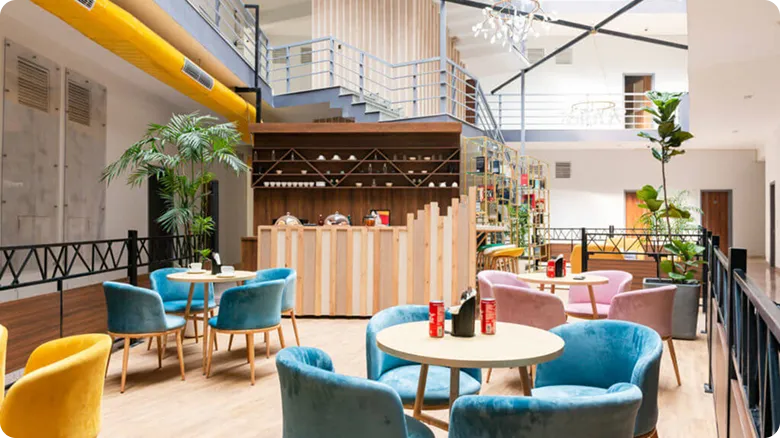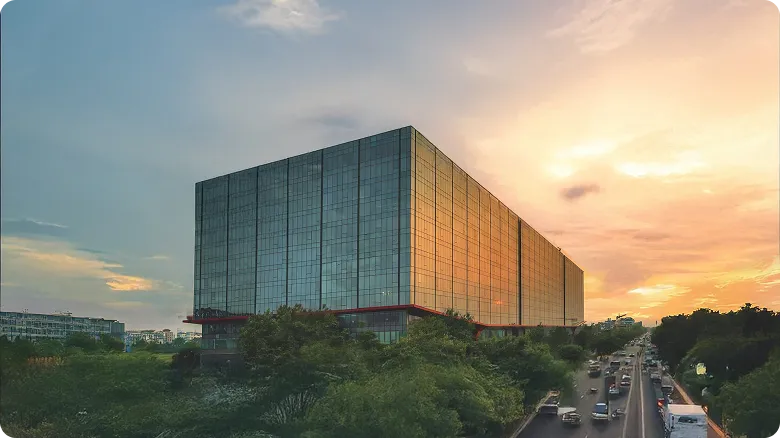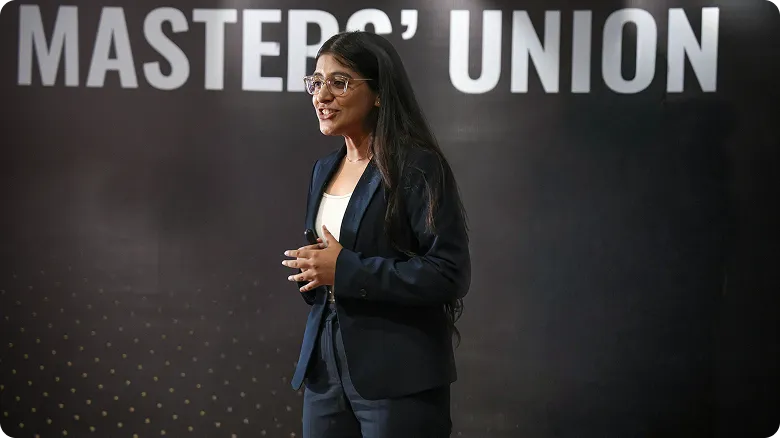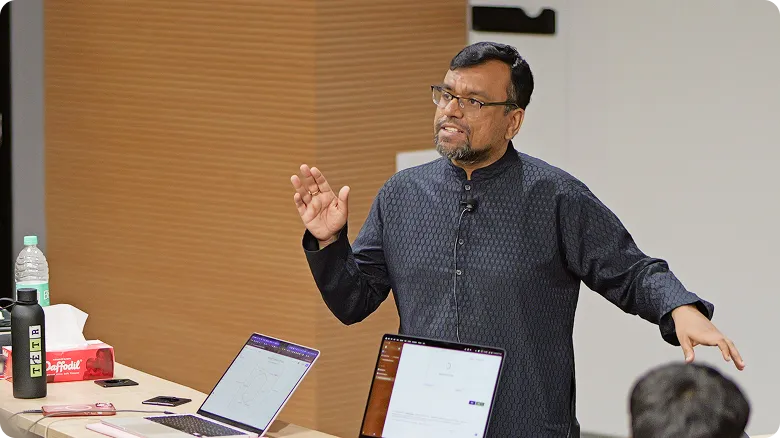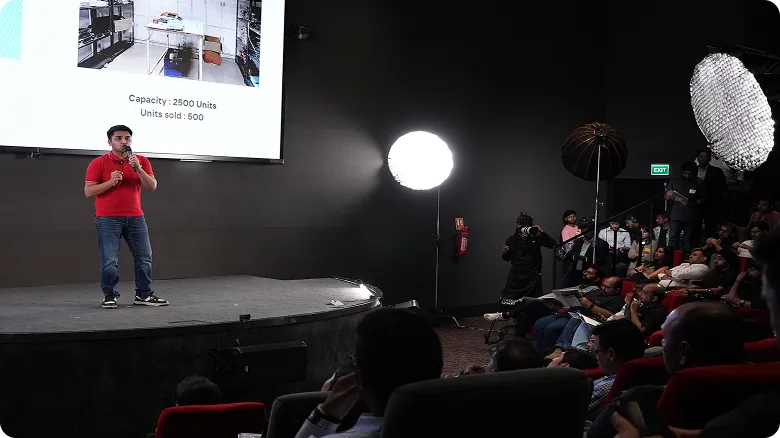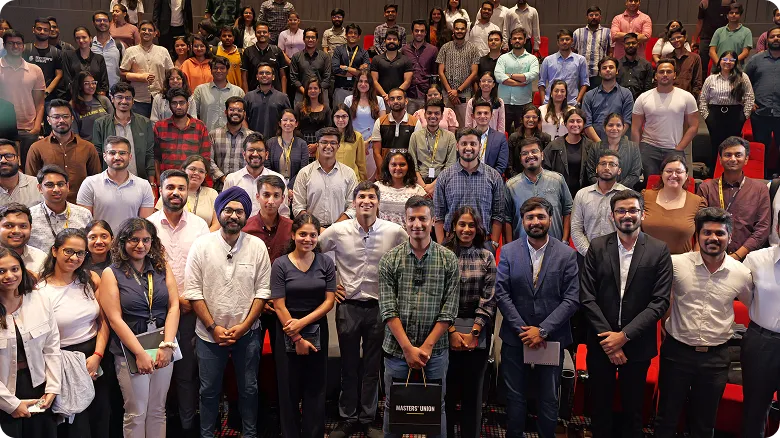Undergraduate
Undergraduate (Global)
Postgraduate
PGP in Technology and Business Management
PGP in Technology & Business Management
(Young Leaders Cohort)
PGP in Human Resources & Organisation Strategy
PGP in Sports Management & Gaming
PGP in Applied AI & Agentic Systems
PGP in UI/UX & Product Design
PGP in Sustainability & Business Management
PGP Bharat
Executive
Family Business
Careers
Innovations
Faculty
MU Ventures
Enterprise Education
Student Life
Jobs
Become a Master
events
For Companies
Blog
Business
Are Tier 2 & 3 Cities the Future of Ecommerce? Lessons From City Mall’s Local-First Approach
March 17, 2025
India’s next wave of e-commerce revolution isn’t happening in metro cities — it’s unfolding in tier 2 and tier 3 towns, where millions of consumers are shopping online for the first time. Yet, traditional e-commerce models don’t always work in these markets, where price sensitivity, trust, and community influence play a crucial role in buying decisions.
Enter City Mall, a social e-commerce platform which is redefining how e-commerce operates in tier 2 and tier 3 cities. By leveraging local micro-entrepreneurs as the backbone of its distribution network, City Mall is bridging the trust gap and creating an inclusive retail ecosystem.
CityMall’s Founder Angad Kikla shares insights on the challenges of serving value-conscious consumers and the strategies needed to make e-commerce work in non-metro markets.
Want to watch the video instead?
Watch this podcast to learn how CityMall is breaking into untapped markets by empowering small business owners and leveraging its understanding local behaviors:
From middle-class dreams to entrepreneurial success
Angad’s entrepreneurship journey was not straightforward. Like many young professionals, he initially pursued a stable career path then went on to build his startup. He shares:
“I didn’t set out thinking I’d start an e-commerce company. It was a journey of learning, experimenting, and eventually finding a market need that we could solve." With this mindset as his northstar, he identified a major gap in India’s e-commerce landscape.
Angad realised that underserved consumers in smaller cities had different shopping habits compared to metro users. Unlike consumers in urban centers who prioritise convenience, buyers in smaller towns focus more on price and trust. Large e-commerce platforms struggled to penetrate these markets because they lacked local credibility and didn’t account for these buying behaviors.
Building an e-commerce model for small-town India
Recognising this challenge, Angad and his team built City Mall on three core pillars:
-
Community-Led Commerce: Instead of relying on conventional supply chains, City Mall works with local micro-entrepreneurs—small business owners, homemakers, and students—who act as trusted sellers within their communities. These micro-entrepreneurs help build credibility, assist in product selection, and ensure seamless order fulfillment.
-
Affordability Over Convenience: Unlike urban consumers who are willing to pay for fast delivery, shoppers in smaller towns value affordability. City Mall optimises costs by reducing logistics expenses and offering bulk discounts, making products cheaper than traditional online marketplaces.
-
Hyperlocal Approach: Understanding the unique needs of consumers in different regions is key. Instead of using a one-size-fits-all model, City Mall tailors product selection, pricing, and promotions based on local demand and preferences.
Overcoming challenges and learning from failures
No startup journey is without setbacks, and City Mall was no exception. Breaking into smaller cities came with its own set of hurdles. Angad had to build trust, educate first-time online buyers, and ensure efficient logistics in regions with less-developed infrastructure. Reflecting further, he mused:
“We had to unlearn a lot of what we thought we knew about e-commerce. What works in Mumbai doesn’t necessarily work in Meerut or Gwalior. The real challenge was adapting fast and being willing to change our approach as we learned.”
One of the toughest challenges was convincing the first batch of micro-entrepreneurs to join the platform. Many were skeptical of online shopping and reluctant to sell products they had never physically seen. However, once early adopters experienced success, the model began to scale rapidly through word-of-mouth referrals.
Why micro-entrepreneurs are the future of e-commerce
One of City Mall’s most innovative strategies has been empowering micro-entrepreneurs. These are individuals who promote and sell products within their communities. These local sellers not only help drive sales but also provide personalised recommendations and post-purchase support, solving a key trust issue in small-town e-commerce.
For many of these micro-entrepreneurs, City Mall isn’t just a side hustle. It’s a life-changing opportunity to earn an income while leveraging their community influence.
They realised that the best way to scale e-commerce in smaller cities was to involve the people who already had relationships with local buyers. Instead of fighting for consumer attention through ads, CityMall let trusted individuals in the community become the face of e-commerce. This approach helped City Mall to grow rapidly, positioning it as a leader in social e-commerce in India.
What’s Next for City Mall?
City Mall’s vision is clear:
Become the go-to e-commerce platform for the next 500 million internet users in India.
As e-commerce continues to evolve in India, City Mall is focused on scaling its reach to more towns and expanding its product categories. The company is also investing in AI-driven personalisation to offer tailored recommendations, making shopping even more intuitive for first-time online buyers.
The next phase of growth for e-commerce isn’t just about selling products online. It’s about integrating commerce into the fabric of everyday communities and making shopping more accessible to those who have been traditionally underserved.






